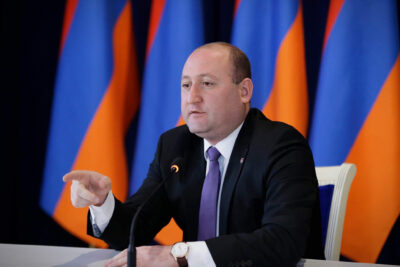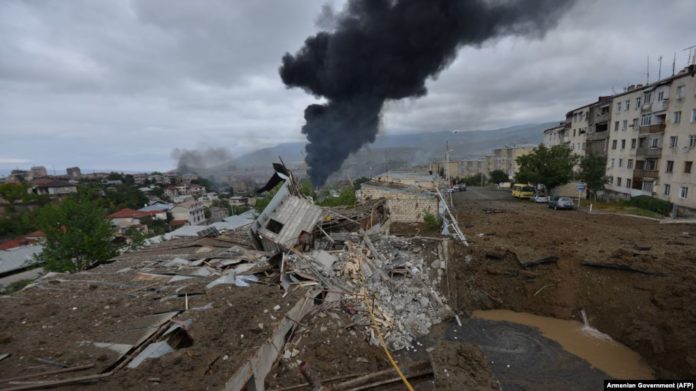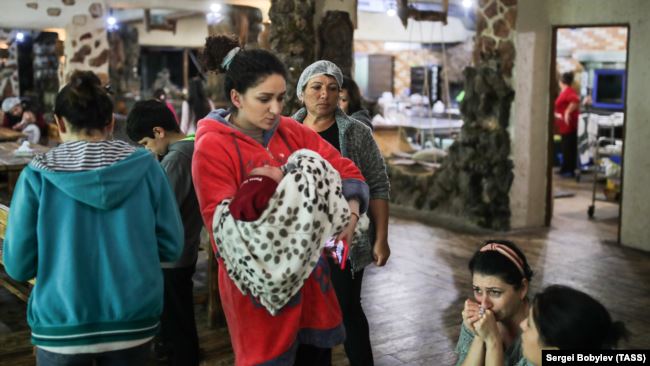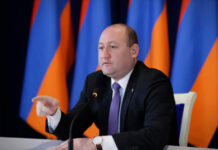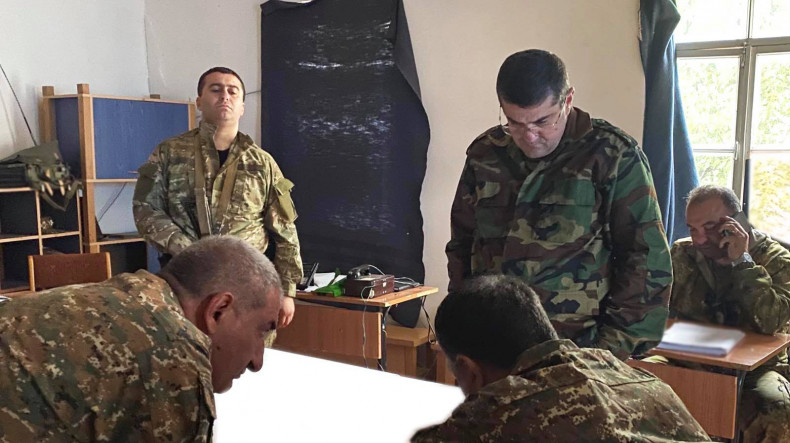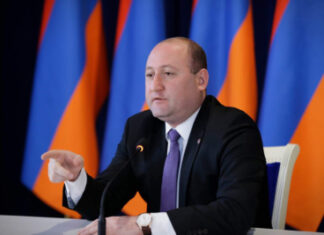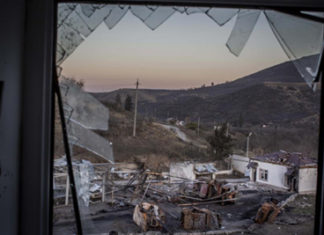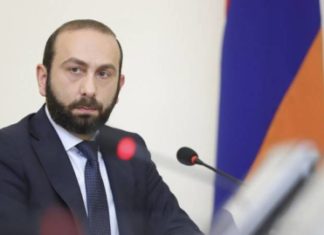YEREVAN (Combined Sources) — According to official Armenian sources, some 3,454 Azerbaijani soldiers were killed in the fighting since September 27 when Azerbaijan launched missiles, artillery shells, and suicide drones against civilian populations in Artsakh’s capital Stepanakert as well as other civilian populations in and around Artsakh, as well as against certain areas of the Republic of Armenia’s town of Vardenis, causing death and injury to dozens of civilians.
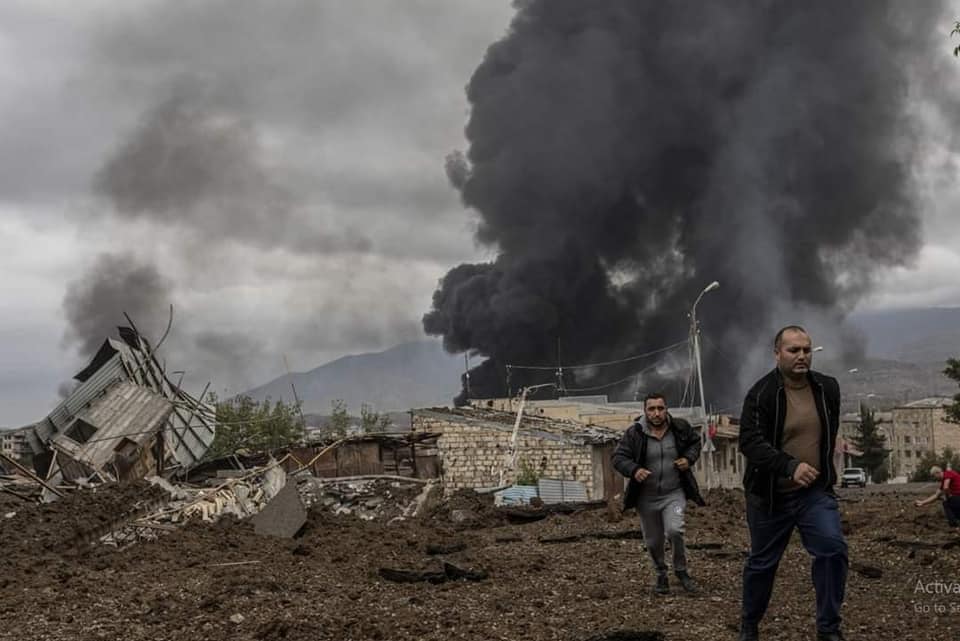
Armenian troops of Artsakh wounded 5,000 Azeri soldiers, destroyed 368 tanks and armored vehicles, 4 MLRS Smerch, Uragan, and 3 MLRS TOS-1A, 126 UAVs, 16 helicopters, 17 aircraft.
According to the defense departments of Armenia and Artsakh, more than 220 Armenian servicemen were killed, several hundred were wounded. As a result of war crimes by Azerbaijan, 21 civilians were killed in Nagorno-Karabakh and Armenia and over 80 wounded.
Armenian Minister of Healthcare Arsen Torosyan has voiced about the Azerbaijani military’s war crimes against Artsakh, particularly the indiscriminate attacks on civilians and health workers. He said ambulances very often come under bombardment and are unable to reach injured civilians.
Speaking at a press conference in the Armenian town of Goris on October 6, Torosyan said the Azeri forces are periodically bombarding with artillery and missile strikes Stepanakert City.
“I personally returned to Armenia from Stepanakert yesterday late in the evening, and this was my third visit since the attacks began,” he said. “The adversary is striking civilian, especially infrastructure facilities, disrupting the normal life of the civilian population. The fully mobilized medical community of Artsakh, as well as our colleagues who have left to Artsakh from Armenia to support them, are sometimes unable to provide help to people in need because Stepanakert and other cities are in permanent air raid alert and bombardment. Even ambulance vehicles are unable to reach the citizens who require medical assistance,” Torosyan said.
